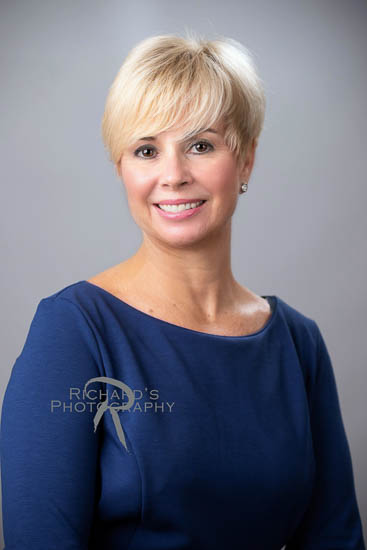Understanding the Fundamentals of Photography

A Complete Guide to Learning Photography
Photography is not just pointing and shooting.
Knowing Your Equipment
The journey begins with your camera.
Whether you shoot with a compact point-and-shoot, the core principles remain the same.
Spend time changing lenses or focal lengths. Knowledge of features reduces frustration.
The Importance of Light
Good lighting separates average photos from great ones.
Natural light from the sun adds natural beauty.
Artificial sources let you shape mood.
Color warmth all affect mood.
How to Frame Photos
Strong framing gives structure.
Negative space guide the eye.
Experiment with breaking rules. Creative choices separate your work from snapshots.
Learning by Doing
Every mistake is part of learning.
Try new techniques often. Consistency grows skill.
Blurry shots are lessons not failures.
Editing and Post-Processing
Straight-out-of-camera images are fine, but editing refines them.
Tools like Lightroom, Photoshop, GIMP, or mobile apps adjust exposure.
Editing should enhance, not distort.
Sharing Work
Photography is meant to be shared.
Local clubs connect you with peers.
Printing images keeps motivation high.
Building Identity
Style is your visual fingerprint.
Try genres like portraits, landscapes, macro, or street. Each teaches something.
Your style isn’t fixed forever, and that keeps photography exciting.
Things to Avoid
Shooting everything centered can be fixed easily.
Over-editing images slows progress.
Regular review of mistakes keeps growth steady.
Extra Tips and Tricks
- Have backup storage ready.
- RAW files allow more editing flexibility.
- Dust shows in photos.
- Auto is easy but manual builds skill.
- Look at other photographers’ work.
Beginner Q&A
Q: Do I need an expensive camera?
A: Any camera can take great photos with the right technique.
Q: How long until I improve?
A: Consistency is more important than gear upgrades.
Q: Is editing cheating?
A: Post-processing refines what the camera captures.
Q: Should I always follow rules?
A: Learn them first, then break them creatively.
Closing Words
Photography is not a race but a lifelong pursuit.
Keep practicing. With dedication and persistence, your photos will improve.
Whether for fun or career, momentum creates growth.
The Role of Photographers in Society
A photographer is more than a person with a camera.
Amateurs practice skills that combine art and science.
Photographers work in many fields, such as wildlife. Each uses varied equipment.
Experienced shooters learn both technical and artistic aspects.
Photography Gear Basics
Gear is not everything, but it matters.
Cameras
DSLR cameras all have strengths and weaknesses.
Smartphones put photography in everyone’s hands.
Lenses
A lens often matters more than the body.
- Macro lenses reveal tiny details.
Understanding lens purpose improves results dramatically.
Tripods and Stability
Even simple tripods change results.
Lighting Equipment
Softboxes, reflectors, and strobes shape light.
Small Gear With Big Impact
- Cleaning kits make sure you’re always ready.
- Protective cases help photographers stay mobile and organized.
- Intervalometers expand creative options.
How Much Gear Really Matters
Gear supports creativity, but talent drives keep reading results.
Learning exposure, composition, and light is more important than chasing new models.
Growth and Mindset
Every photographer begins as a beginner.
Taking workshops all accelerate progress.
The Next Step for Gear and Artists
Technology is changing tools, but vision stays the same.
Drones and 360 cameras are shaping the future.
Still, the essence remains: capturing light, telling stories, and expressing ideas. check for more
Conclusion click here About Photographers and Gear
Knowledge, practice, and patience make the real difference.
The best advice remains simple: learn, practice, and keep shooting.